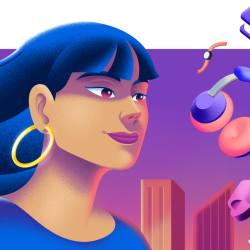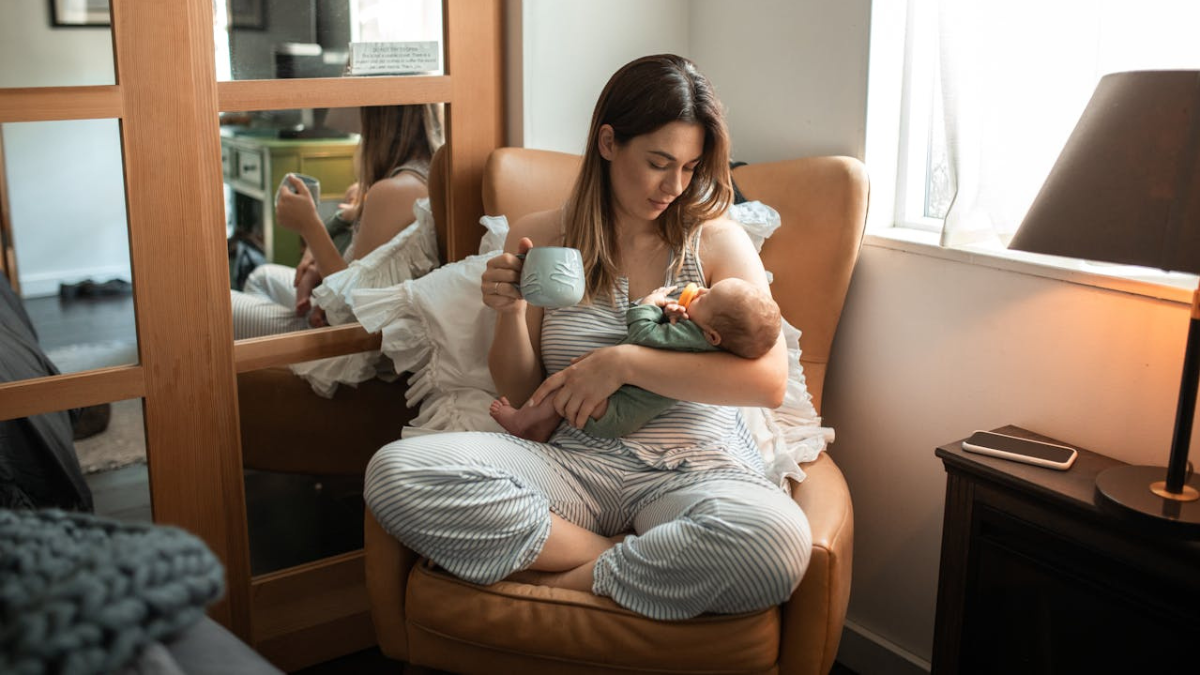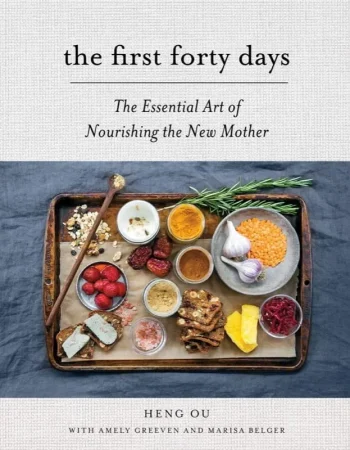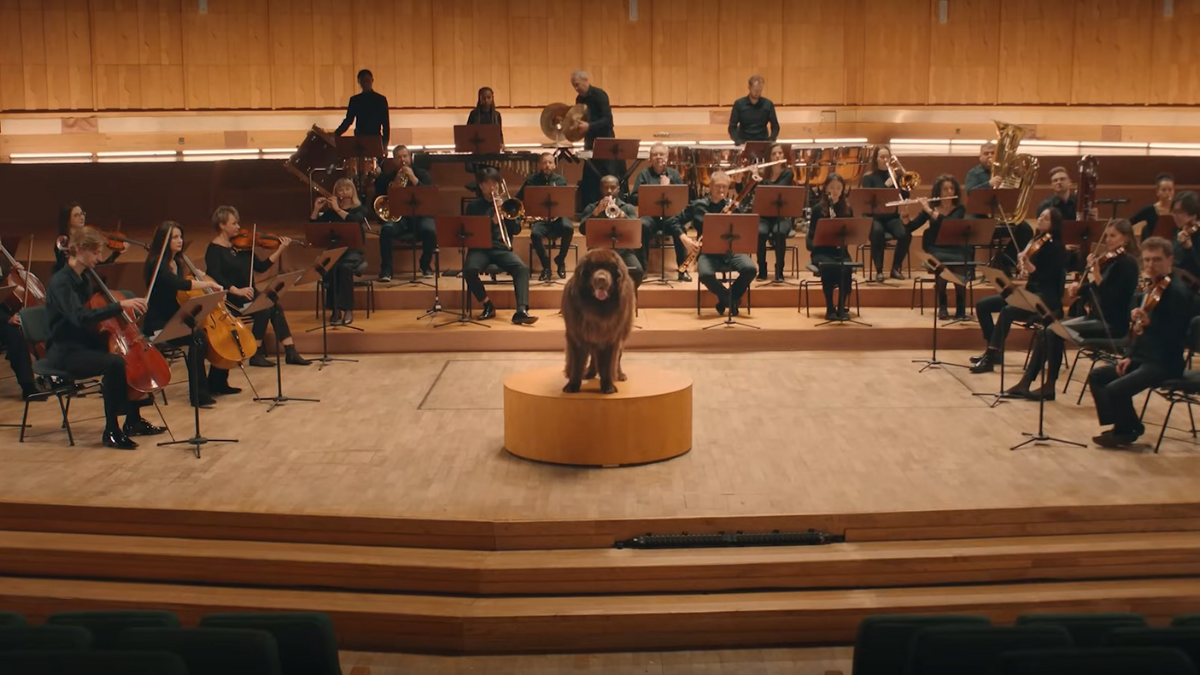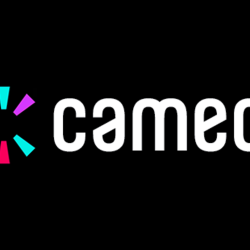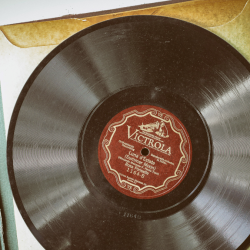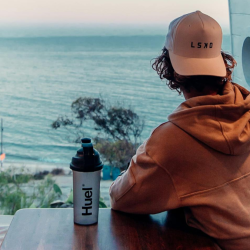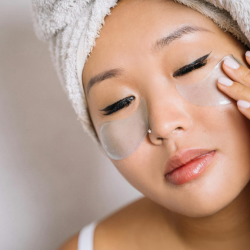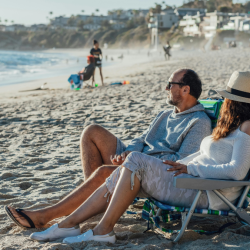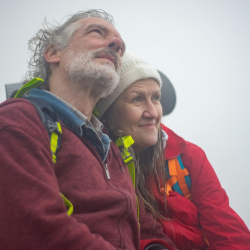At Semiofest 2024, held in Porto in May, I presented on the topic of the postpartum period. The theme for Semiofest 2024 was liminality, and I talked about the in-between-ness so many new parents feel after the arrival of a child. Childbirth is often depicted as a singular, transformational act. Parents — and in particular mothers — are supposed to birth a new version of themselves at the same moment they birth a child. But, for many, the reality is different. No longer pregnant, nor completely immersed in motherhood, postpartum mothers exist in an amorphous space between.
The WHO describes the postpartum period as the ‘most critical and yet the most neglected’ phase in the lives of mothers and babies. It is certainly true that, in the UK and the US, the sudden shift from regular prenatal appointments to being sent home with a baby can feel like a rocky, unsupported landing. Many cultures have forms of traditional confinement in the postpartum period, creating a space for the transition from ‘person’ to ‘mother’. The excellent The First Forty Days, by Heng Ou, is inspired by the author’s own zuo yuezi confinement. Today, confinement or lying in is maintained as standard in some places, and in others practised only by the privileged (Kourtney Kardashian-Barker recently shared her 40-day postpartum confinement).
In the absence of the traditional practices and family structures that might once have supported new parents during the postpartum, we see a rise in brands stepping in to bridge the gap. In the US, luxury postpartum retreats like Yuzi (Seattle, WA), Post Pamper (San Diego, CA), and Boram (New York City) build on the model of Singapore’s confinement hotels. Other forms of traditional wisdom are repackaged as consumer goods, like MammaBump’s belly band, reminiscent of traditional belly binding. Food delivery services like those offered by Chiyo and Mama Meals promise easy, nourishing foods that align with recovery, with Mama Meals incorporating ‘ancestral principles from Chinese medicine and Ayurveda’. Pregnancy and postpartum brands also offer curated recovery kits. Frida Mom, arguably the originator of the postpartum recovery bundle, also offers a C-Section Recovery Kit. Bodily’s kits include ‘Guidebooks (For You & Your Supporter)’, signalling a move among postpartum brands toward targeting partners and support teams, as well as new mothers.
And where breastfeeding brands used to mean unflattering double-layered tops and silver cups, breastfeeding start-up Swehl is changing the landscape with ‘breastfeeding tools designed for this century,’ and by speaking directly to partners and non-nursing parents, too.
For me, the brands that are really doing things differently are those working to dismantle taboos around the postpartum/postnatal period. Frida Mom has made a point of not shying away from the realities of recovery.
The brand’s new Frida Uncensored series offers educational videos featuring adult film stars. Bodily’s ecommerce site has a Pregnancy Loss section, with kits and products that focus on an aspect of the postnatal experience that is somehow still shrouded in stigma. Their Care for Stillbirth and Care for Miscarriage kits address grief, alongside the physical elements of recovery that accompany stillbirth and pregnancy loss.
‘Wear therapy’ brand Nyssa addresses ‘the unmentionables of womanhood.’ With a tagline of ‘Knowledge is Power’, Nyssa’s kits and guides aim ‘to do right by the next wave of moms-to-be and birthing people’. The brand’s VieVision Between Legs Mirror, meanwhile, encourages women to get acquainted with a part of their bodies they may rarely, if ever, see.
Postpartum is a critically important transitional time and one for which many new parents are unprepared.
In a time where social and family structures are changing, rearranging, and, in some cases, buckling, brands are stepping up. We are witnessing an upswell in postpartum brand innovations. It’s an exciting time, and I look forward to seeing what happens next.
Featured image: RDNE Stock project / Pexels

